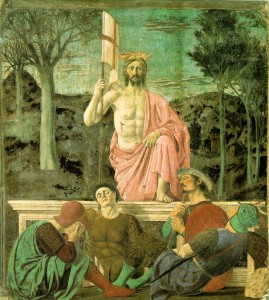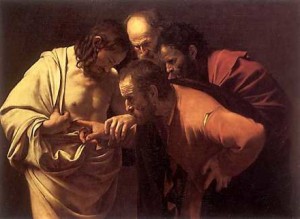
I want to know Christ and experience the mighty power that raised him from the dead.
Phil 3:10 NLT
The resurrection of Jesus is an objective historical fact that Bible-believing Christians everywhere affirm. However, some of these same believers fail to experience the personal power of the resurrection which gives victory over sin’s hold, the flesh’s pull, and the devil’s temptations. For them, the resurrection is doctrinally true, but personally irrelevant.
In liberal circles, the resurrection is re-defined as a spiritual encounter with Christ. For so-called Progressives, the resurrection is a myth which proclaims God’s victory over the tragedies of this life. Liberals affirm the resurrection without necessarily believing that the event actually took place in space and time. For them, the resurrection is a spiritual experience, not as a true historical event.
For both, the conservative and the liberal, the resurrection of Christ is religion with outward appearance, but no personal reality. One knows the truth with no personal experience, the other relies on feeling with no substance. Both views fail for Christianity is a head and heart faith.
On one hand, the resurrection is a fact to be believed. On the other hand, it is an experience to connect with. If you have one without the other–if you believe in the resurrection as historical fact but never experience the resurrection personally, or if you think of the resurrection as a spiritual experience but don’t believe it was a fact–you come out with a form of religion with no power.
Christianity says that if you want to experience God, you have to believe the truth. You have to believe that he really lived, that he really died, that he was really raised. And if you see that truth and believe in it, it leads to an experience, which leads to more understanding of the truth, and the truth leads to more experience.
Tim Keller, “Knowing the Experience of His Resurrection,â€Â Jesus, Keep Me Near the Cross, ed., Nancy Guthrie (Crossway, 2009), 132-133.

 Â
 

